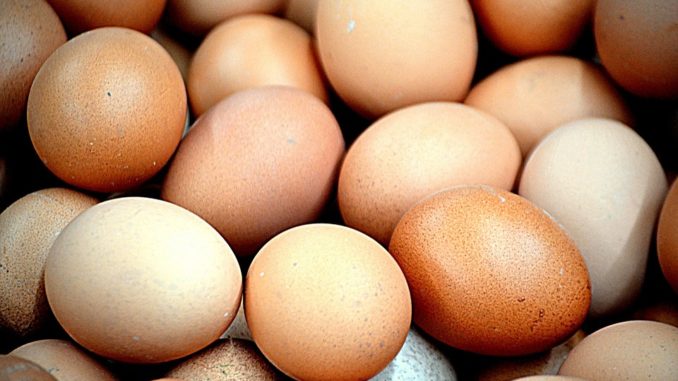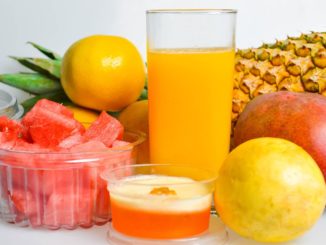
While it might seem like a new trend, organic food has actually been around for a lot longer than the food that we’re accustomed to eating.
This is food that is grown and nurtured in a natural manner, so as not to upset the growing process or the person who’s eating it.
But with more and more labels claiming to be ‘natural’ and ‘organic,’ it can become confusing when you’re in a grocery store aisle. And when you see that the prices are slightly higher than ‘normal’ food, you may wonder if it’s even worth a second look.
What defines organic food?
Organic food is defined as foods that do not undergo any chemical processing, either in the growing process or in the harvesting process. These are foods that do not contain pesticides or insecticides, fertilizers and other toxins.
When you see organic food that is pre-packaged, this means that each of the ingredients is also processed using organic methods. However, you need to look for packages that include the term ‘100%’ or ‘certified’ organic in order to know that all of the ingredients are organic.
When a package just includes the now generic term of organic, it can mean that only a portion of the ingredients are processed in this way.
Why choose organic food?
But many people are turned off by the higher prices that organic food seems to have. And with the lessened processing, these prices don’t seem justified. However, the reason behind the slightly higher prices is that these are farms that cannot produce as much yield as those that utilize chemicals.
Many fertilizers will allow farms to grow many more stalks of corn, for example. But when you take away this fertilizer to grow organic corn, you can only get half as much – and in doing so, the farmer needs to charge more.
There are also some restrictions as to how much money these smaller and sometimes family run farms get from government sources. Without the added financial help, these farms can not make any profits without increasing their overall prices.
Help support your local farmer
In choosing organic food, you are also supporting local farmers (in most cases) that are growing healthier foods. The food that you eat should not contain added toxins and chemicals. Some studies have shown that eating large quantities of these kinds of ingredients can lead to a multitude of problems – some cancers, diseases, and other illnesses.
The toxins can build up in your body and start to harm healthy cells. And this is no wonder, considering nature never intended for us to eat chemicals that have been added to our food. In addition, many people are sensitive to these kinds of chemicals, so eating organic food allows them to avoid any harmful reactions they might have otherwise.
What are the health benefits of eating organic food?
But the truth is that organic food has many of the same benefits of eating ‘normal’ foods. When you choose an apple (organic or not) over a candy bar, you’re making a healthier choice for your body.
However, organic food can have additional benefits:
-
Better tasting foods
-
Brighter colors and appearance
-
Cleaner, fresher foods
-
Less allergic reactions possible
-
More seasonal choices
-
More vitamins and minerals
-
More water content
-
No preservatives
Organic food tastes better than the mass produced foods too because it’s not forced to ripen in order to arrive at a store ready to sell.
Organic foods are typically harvested when they are ripe, and then shipped to local stores for customers to buy immediately – preserving the freshness, flavor, and maximum vitamin content.
Other organic products apart from food
Besides organic food, you can also find a number of organic products that include organic ingredients. You can find everything from shampoo to face cream, soap to laundry detergent in many local stores. This can allow you to reduce the overall toxins that you come into contact with, further increasing your health and your vitality.
And organic food isn’t limited to the small little heath food stores anymore; many larger grocer chains are now carrying organic foods – sometimes at better prices than at the smaller stores.
Many retailers are seeing that people want to have the opportunity to eat healthier, more wholesome foods, so they’re offering more choices – at prices that you might be surprised to read.




Be the first to comment